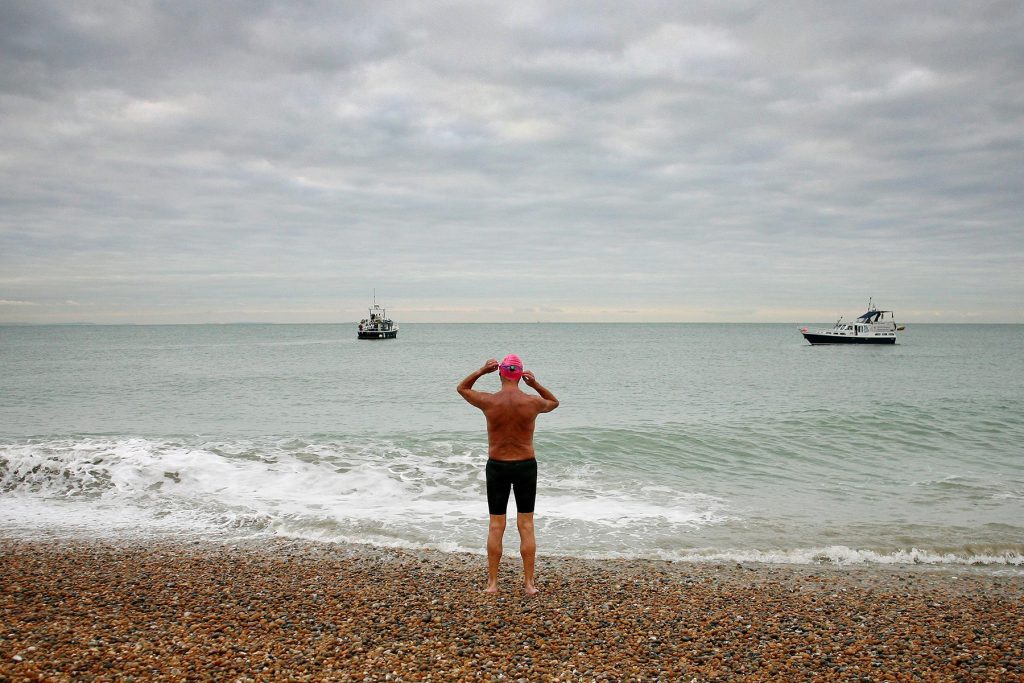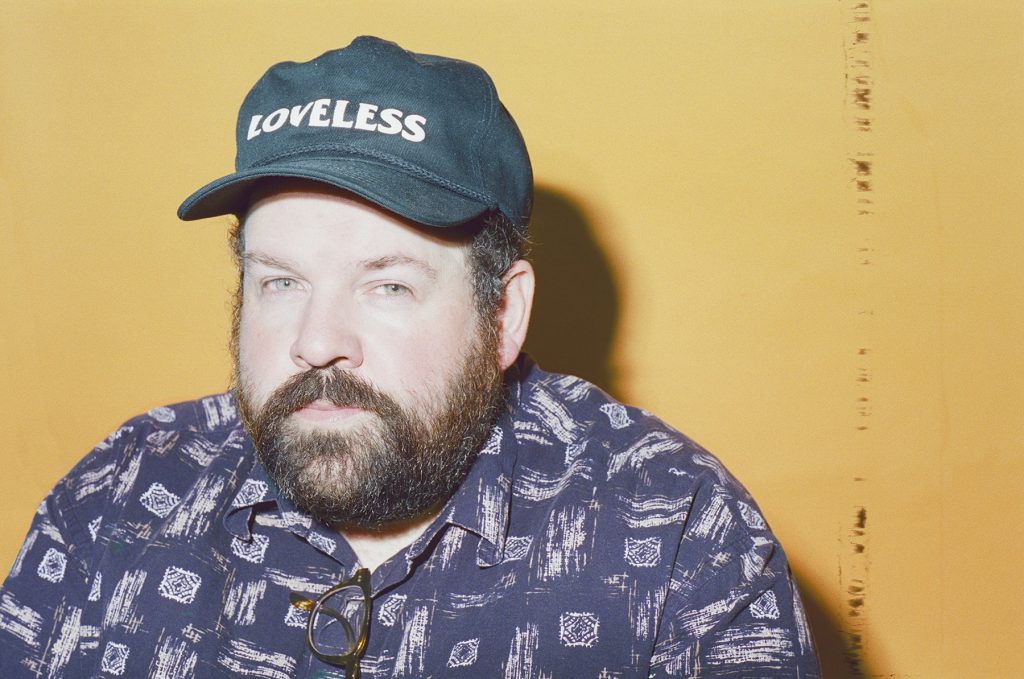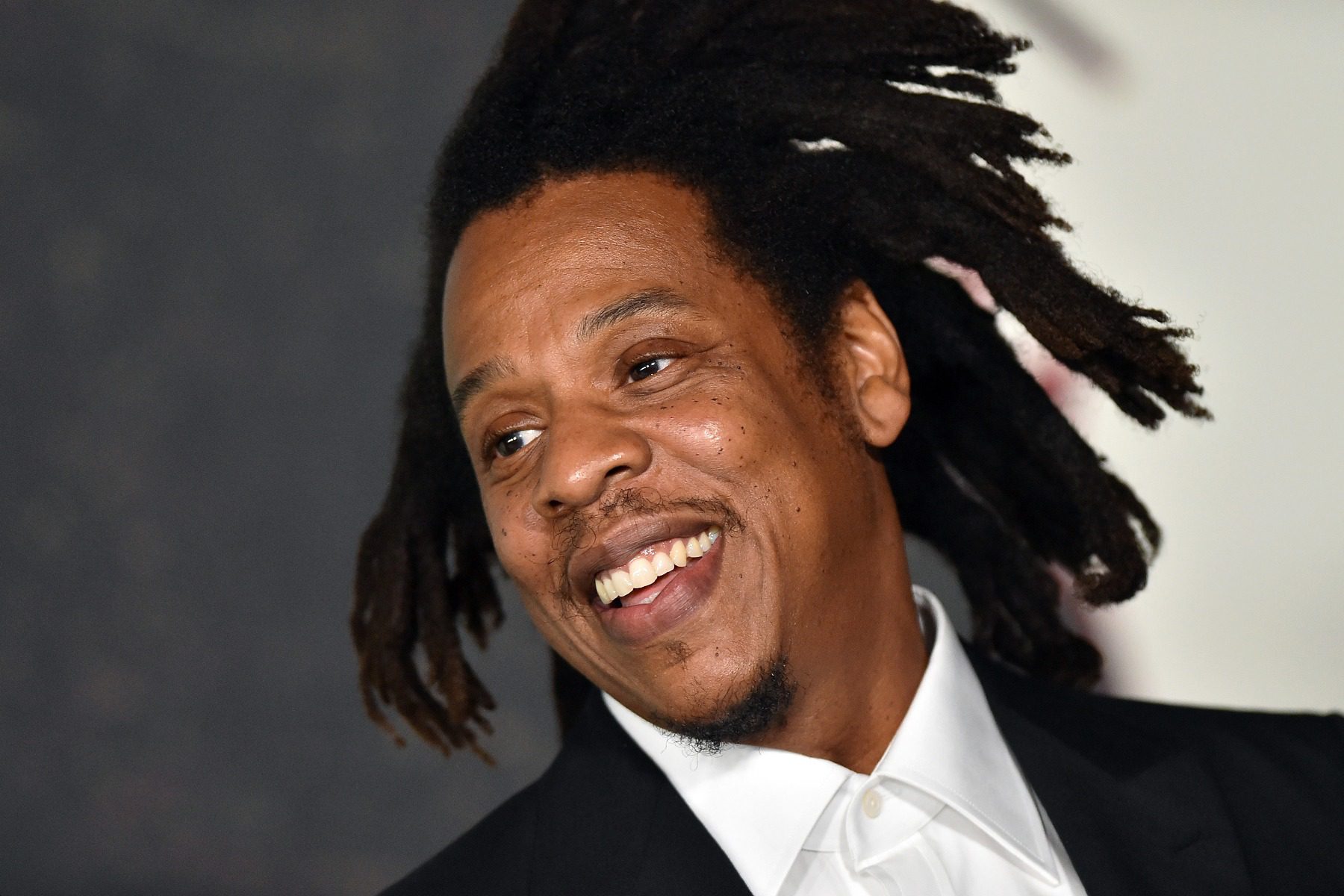
Ledisi Regains Her Independence on ‘The Wild Card’
As soon as the singer Ledisi earned a major-label deal more than a decade ago, she started to get calls from pop music legends. They had pointed opinions about her career path and didn’t mince words.
“Prince was one of the people who used to tell me to go independent; he wanted me to leave [the deal] right away,” Ledisi remembers. “I was like, ‘I can’t just break my record deal.’ He’d say, ‘get out of it, now!’”
It took a few years, but Ledisi’s new album, The Wild Card, is an independent release. It’s a return to the soul and jazz singer’s roots in the late Nineties, when she first earned fans through sterling live shows, “selling CDs out of my trunk like Master P.”
“There’s history with this, it’s not just me waking up [and making a snap decision],” Ledisi says. “But we didn’t have the internet back then the way we do now.” She used to have to drive from one record store to the next after a night of gigging, dropping off small batches of CDs; now, “you can reach fans immediately, no matter if it’s a million, if it’s 1,500, or if it’s 20.”
Throughout her two-decade career, Ledisi has maintained a steadfast following and even scored a handful of R&B radio hits — her latest single, “Anything for You,” is a ballad of infatuation in 6/8 time that could have come out on a southern soul label like Stax or Hi Records, and it reached more than three million listeners over the airwaves last week. But more than a hit-maker, Ledisi is the type of elite vocal athlete that is increasingly hard to find, with shades of Sarah Vaughan and Chaka Khan audible in her swooping, eruptive, improvisatory vocals.
Ledisi’s vision for The Wild Card, which she started working on three years ago, was hyper-specific. “I wanted some gutbucket music that reminds me of being in a juke joint where you have the pool table and lawn chairs with some brown liquor,” the singer explains. While many songwriters today build tracks around a single musical statement and forgo bridges, Ledisi decided, “I want bridges on every song, I don’t care!”
Much of the album was made in the studio before the pandemic, which allowed Ledisi to direct her musicians as she saw fit. For “WKND,” “I was telling the guys, ‘I don’t want any jazz on this, I need a funk vibe,’” she recalls. “I need the feeling of how Luther [Vandross] made us want to rollerskate, Chaka [Khan’s] ‘What Cha’ Gonna Do for Me.’”
To drive home her point, Ledisi started pulling up songs and playing them in the studio. “WKND” ended up with a slap-in-the-face bass line, the type you might expect from an early Eighties Vandross recording featuring a prominent contribution from Marcus Miller, and a listing-days-of-the-week lyric that evokes Alexander O’Neal’s “Saturday Love.”
“Next Time” borrowed from a very different source: After hearing Jeff Buckley’s heavy-funk ballad “Everybody Here Wants You” in the car on one of her husband’s playlists, Ledisi called Rex Rideout, who executive produced The Wild Card, to tell him they needed a similar song on the album. The two found a guitar-and-vocal demo from Deva Mahal and built it into a simmering blues. “It’s a smooth tune,” Ledisi says. “But I wanted an unexpected surprise at the end,” which comes in the form of an arena ready, drum-fill-heavy outro.
In March, the pandemic made in-person collaboration impossible, but Ledisi still had two songs to finish. She could either wait and finish the album when things went back to normal or learn a new level of self-sufficiency. Ledisi bought some equipment at Best Buy, and with advice from Rideout, Ivan Barias (a writer-producer-multi-instrumentalist who has worked with Jazmine Sullivan and Jill Scott, among others), and Young Guru (best known for his work with Jay-Z), she constructed a makeshift vocal booth in her house and recorded herself for the first time.
That’s where she cut her version of “Without You,” a high-stakes ballad originally written by Badfinger that has attracted vocal acrobats from Harry Nilsson to Mariah Carey. While those singers were able to twirl and show off in state-of-the-art studios with engineers to help them sound super-human, Ledisi had to somehow achieve the same effect alone in her closet. “It was crazy in here, but I made it work,” she says. “I turned into an engineer thanks to Guru and Rex.”
Ledisi is releasing The Wild Card and re-starting her independent career during a scary time for musicians, especially for artists who reliably made good money on the road rather than through big streaming numbers. “I can’t even tell a new artist what to do right now,” she says.
But Ledisi has weathered tricky transitions before. She remembers one show in Washington D.C. in the mid-2000s that was attended by a slew of record executives. “I brought the Feeling Orange But Sometimes Blue album, which I didn’t sell a lot,” Ledisi explains. “Everyone knew that was the hardest Ledisi album to get, and that day I sold the CDs for $60 a piece. What got me my record deal was them watching people buy CDs for $60 a piece.”
“I was my best sales person,” she continues. “I’m not bragging — I just did all the work.”
And the lesson that applied that day still applies now: “Once I sing, that’s a wrap.”




